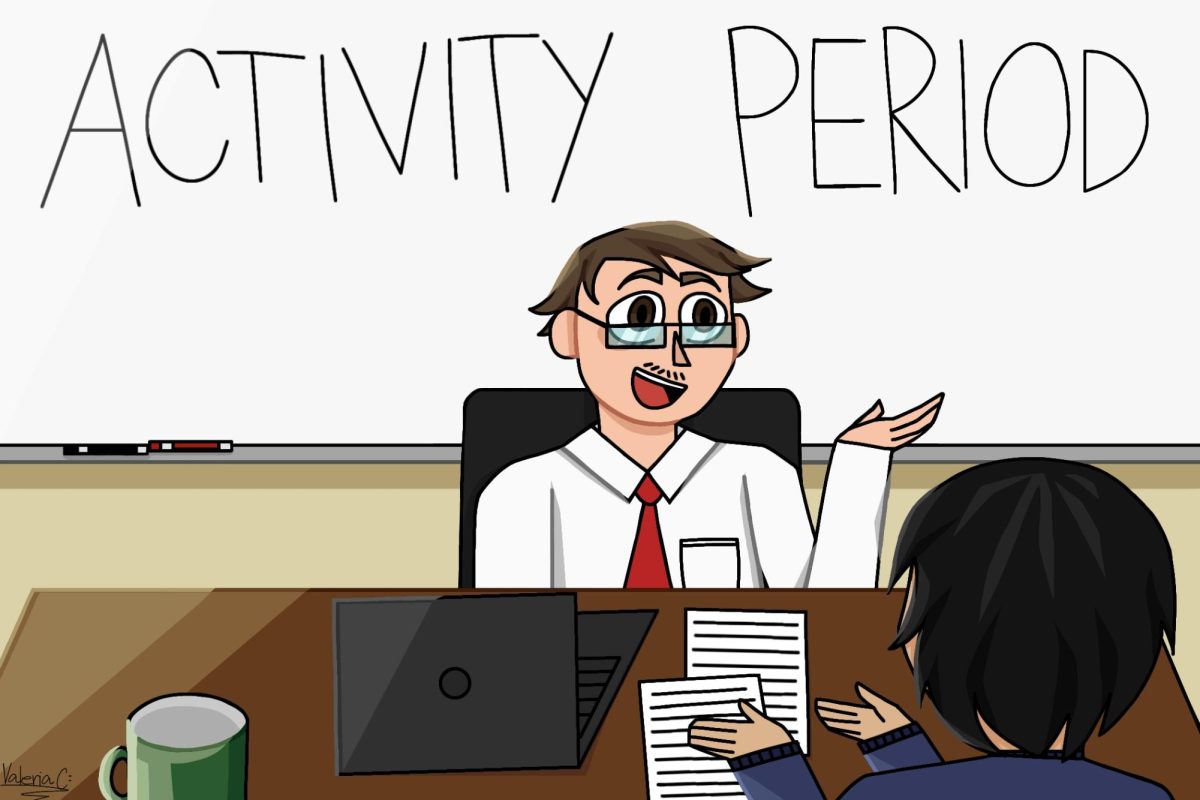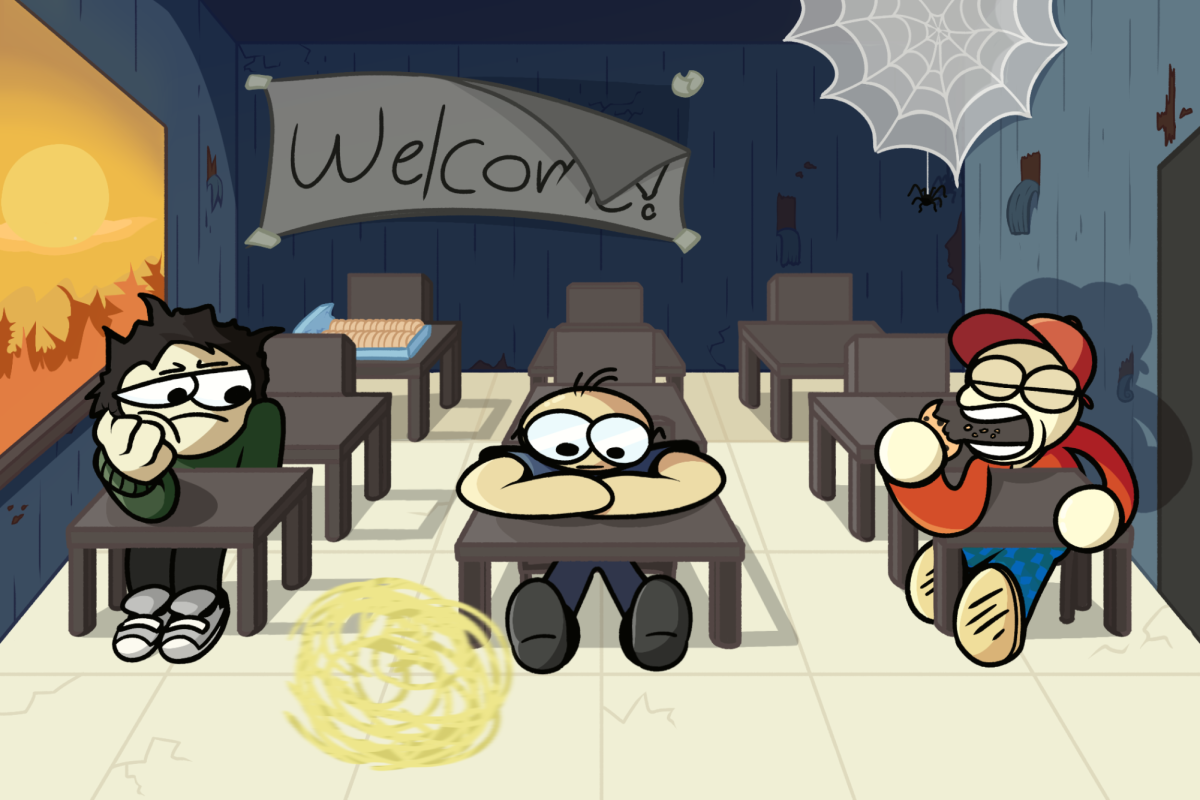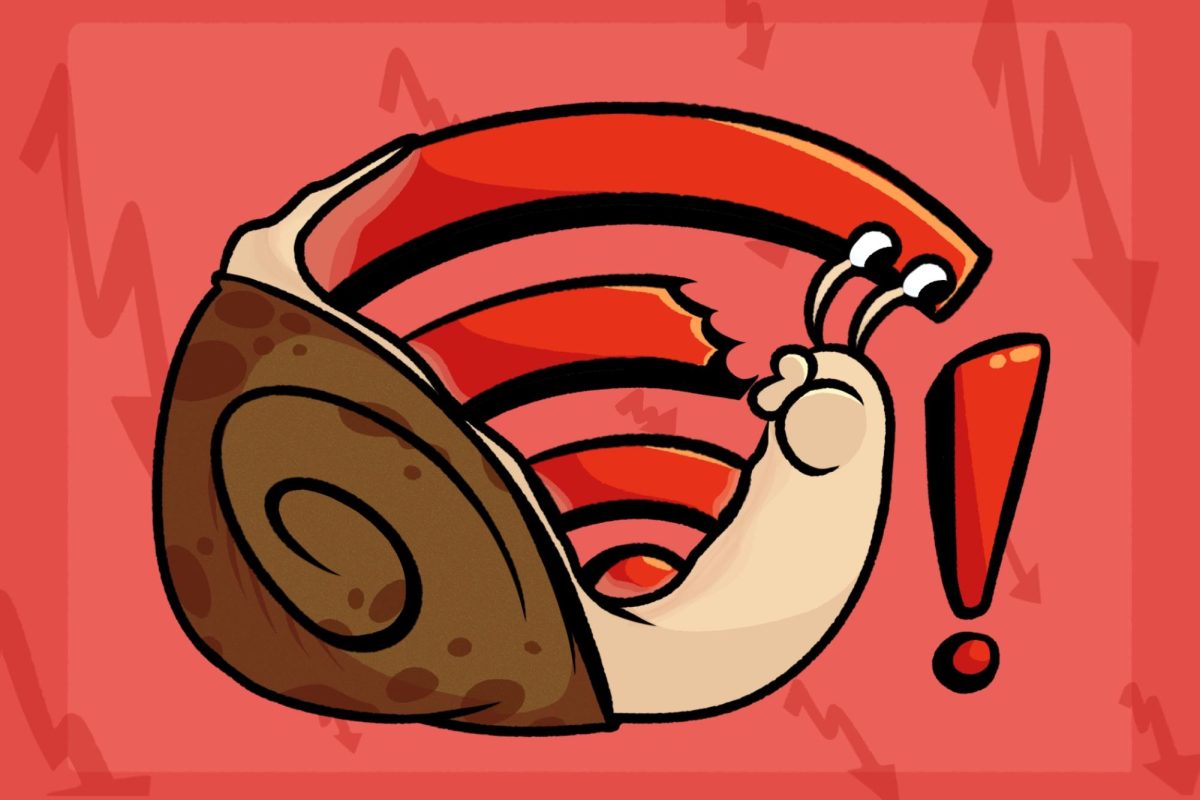At the beginning of this school year, activity period underwent a dramatic change. Previously, a homeroom teacher was allotted a group of students for activity period. But now, students remain in their second-period class.
This change has sparked conversation among students and teachers, making activity period a highly debated topic.
Principal Micheal Pratt said that the reason for the change stems from the fact that he felt the old policy held no purpose.
“The whole reason for activity period was so that teachers could connect to their students. Slowly we began to realize that it was not working because we threw students with teachers they might have only for those twenty minutes. With an extended second period, it pushes away from work and lets the students get to know a teacher they already have a little bit better,” said Pratt.
Computer Science Teacher Bill LaBaire favors the new policy.
“I think this is a much better policy without a doubt,” said LaBaire. “I think with this new policy, it opens up a window for students to learn their teacher’s story; it allows the teacher to know their students.”
Senior Adrian Kilian said he looks forward to the switch.
“I think this was a great move because at the end of instructed time, it gives almost an extra boost to finish any work due the next day,” said Kilian.
But sophomore Jackson Eisl said he disagreed.
“I didn’t like how we couldn’t go on our phones. Activity period should act like a study where we can go on our phones. That’s what made homerooms a little bit better knowing we were allowed to do anything as long as we were in the room,” said Eisl.
Other students appreciate the change for its convenience, arguing that in previous years, students said they did not like the idea of finding their homeroom for activity period.
“Tuesday always felt like the most stressful day of the week for me. Sometimes, activity period felt like a new class in my schedule elongating my day,” said Kilian.
Senior Tyler Judge said the new activity benefits students.
“In the issue of time this is definitely game changing,” said Judge. “It’s always a nuisance trying to navigate your way to homeroom. This year you can just get to business, which is relieving.”
LaBaire said he will keep a positive attitude about activity period.
“Well for me I had a very friendly homeroom. We would do check-ins, activities, some students even drew on the board. Overall it was a great experience. But I think it does depend on the homeroom. In previous years the environment felt ‘cold’,” said LaBaire.
English Teacher Brian Lux expressed similar feelings.
“Homeroom was great. Obviously there were days where we had to do the Panorama surveys, but I would occasionally ask student’s how they were. Sometimes no one answered and that’s fine. I don’t want to force anyone to do anything especially since we all have something to do. Even I have to do my own planning and grading so in that sense I also feel like a student,” said Lux.
Pratt emphasized his hopes for the future of activity period.
“After the first one of this year there was a lot of positive feedback,” said Pratt. “What we really wanted to do with this change was give the students a more comfortable environment and I’m glad that many teachers and students enjoy it. In the future we hope to receive suggestions on how to make activity even better!”
Categories:
New Activity Period policy decision is polarizing
Deni Jordhani, Staff Reporter
November 26, 2023
1
More to Discover
About the Contributors

Deni Jordhani, Staff Reporter
Deni is a senior working with the Echo for the first time and enjoys playing video games and watching and playing soccer (Favorite teams: Real Madrid & Chelsea).

Valeria Chancay, Illustrator
Valeria is a junior and a first year illustrator with the Echo Art Department who enjoys drawing, animation, and listening to music.









